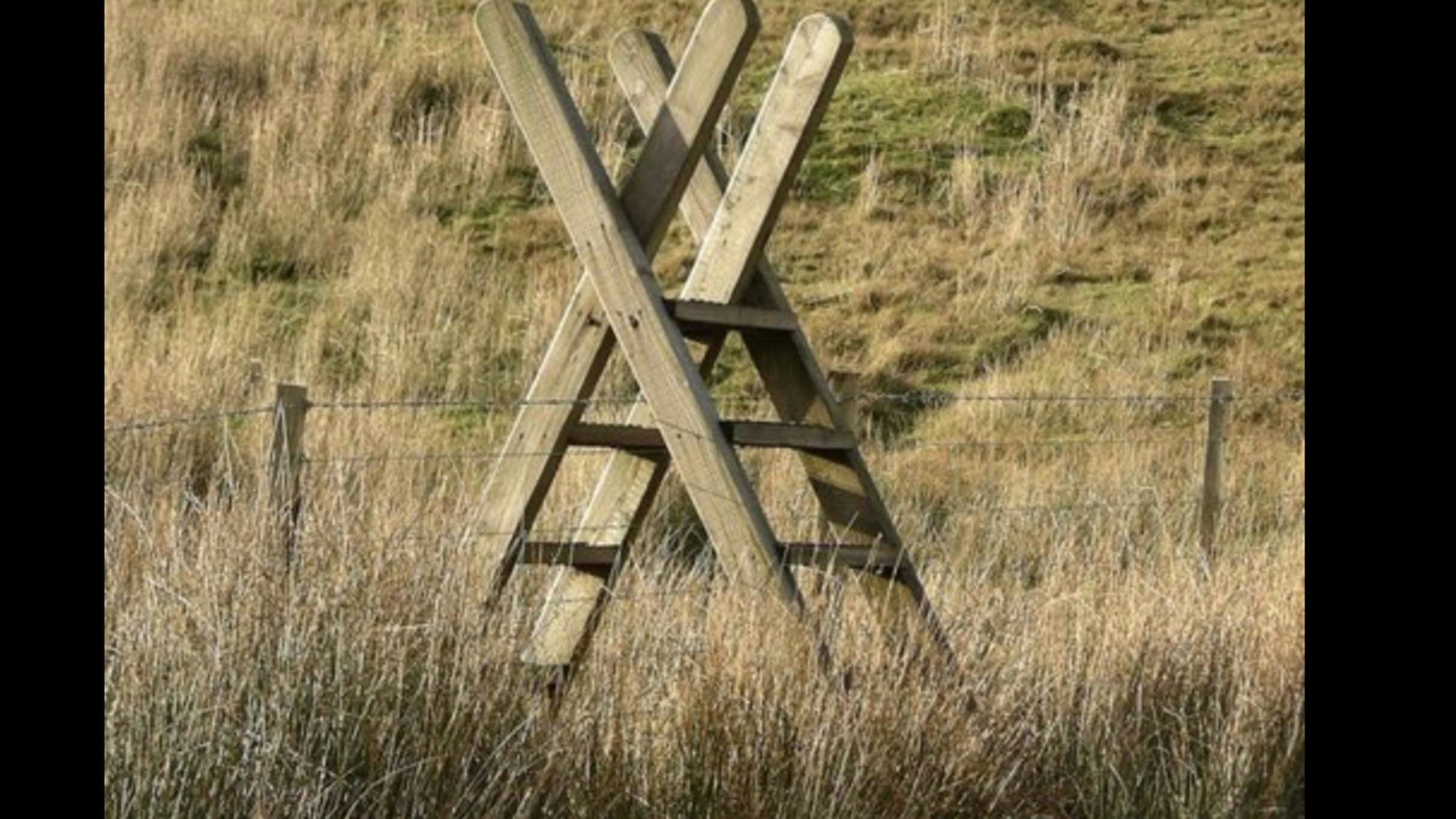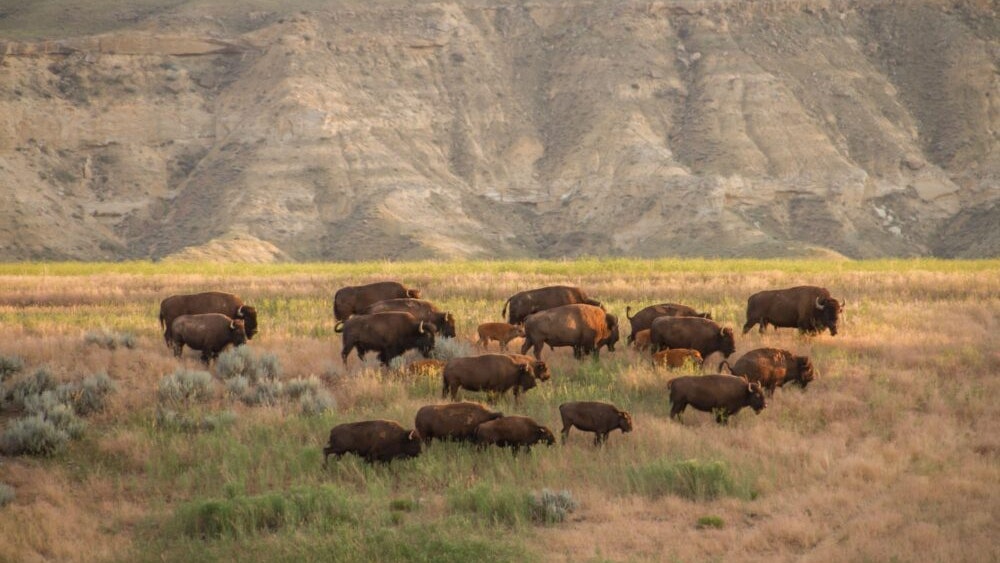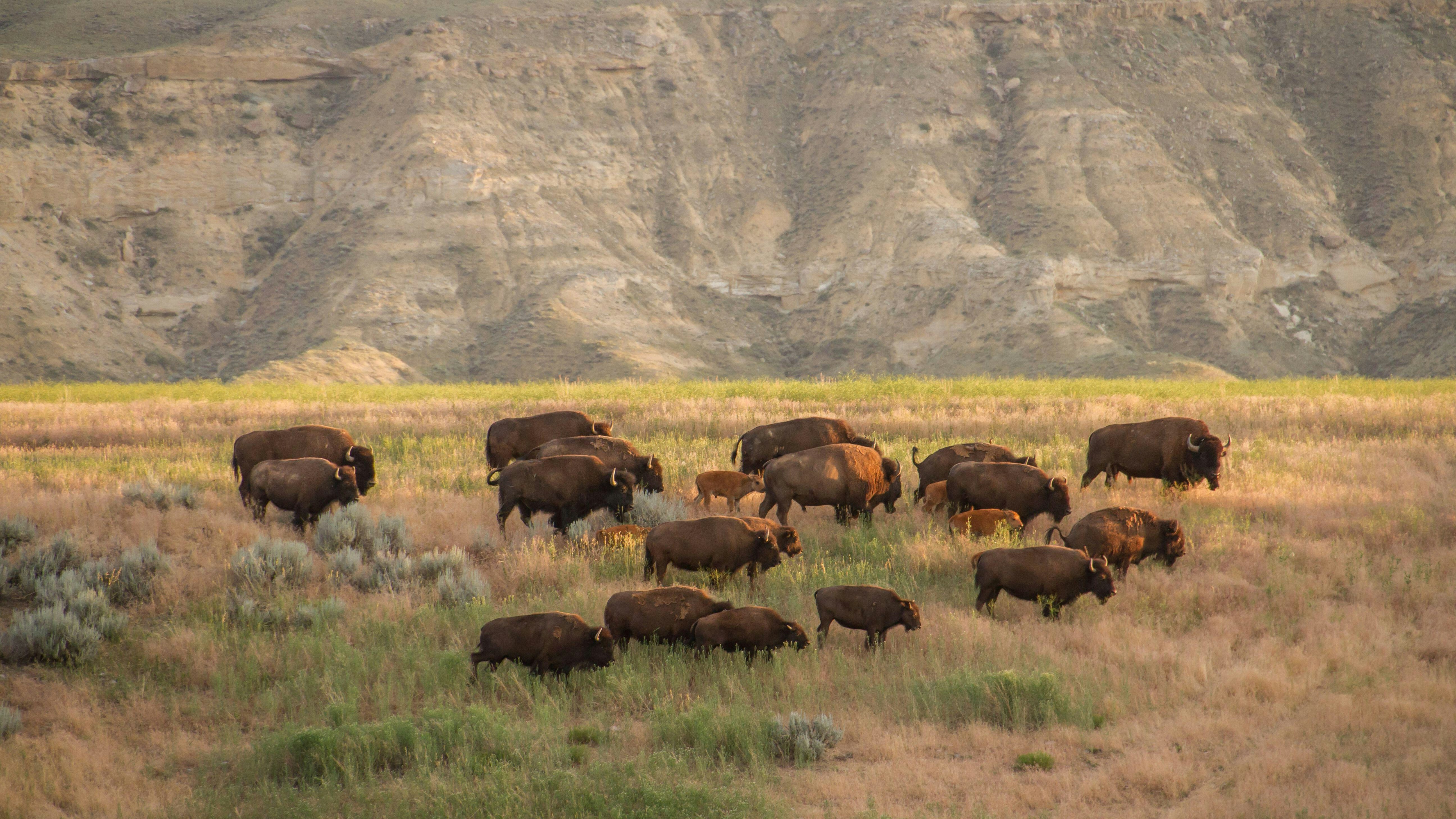Two frequent Wyoming public land users – an avid hunter and a scientific researcher – said they’ll continue to err on the side of caution as they wait for the outcome of a “corner crossing” trespass civil lawsuit against four out-of-state hunters.
“I’m watching that case as a hunter. It (corner crossing) has always been an issue, but until a court decides it, I’m going to continue going with the laws and what the game wardens recommend,” Shawn Blajszczak of Powell told Cowboy State Daily.
A former game warden himself, Blajszczak is looking forward to this year’s archery elk hunt, in about a week.
Wildlife researcher Gary Beauvais took a similar view, saying his team avoids corner crossings.
“We pay a lot of attention to land ownership,” Beauvais told Cowboy State Daily. “We’re pretty conservative about that. If there is any question at all about accessing a particular piece of land, we tend to err on the side of caution, back off and not take the chance at trespassing.”
Beauvais is the director of the Wyoming Natural Diversity Database at the University of Wyoming. He and his staff frequently take to the field to document the numbers and distribution of Wyoming’s native wild animals and plants.
The corner-crossing case in question stems from criminal trespassing charges filed against Missouri hunters Bradley Cape, Zachary Smith, Phillip Yoemens and John Slowensky. They were accused of trespassing on Iron Bar Ranch land near Elk Mountain while attempting to cross from one corner of public land onto another section of public land in September 2021. A Carbon County jury later found them innocent of those charges.
Iron Bar Holdings, LLC and its owner, Fred Eshelman of North Carolina, subsequently filed a civil lawsuit against the hunters, claiming they had violated the ranch’s air space when they used a ladder-like device to cross a fence from one piece of public land to another at a checker-boarded corner with ranch property.
In the civil case’s latest development, the hunters’ attorney, Ryan Semerad, claims the ranch used “threats” and “intimidation” against the hunters, while unlawfully blocking access to public land, according to court documents filed on July 29.
The civil case’s outcome could have implications for how trespassing claims are handled at corner-crossings, which are common across Wyoming at the intersections of parcels of public and private land.
However, Blajszczak said the outcome might not go beyond “the specifics of this particular case.”
“Most judges don’t want to overreach and change things (on the basis of a single case),” he said.
The “air space” argument over corner crossings isn’t anything new, he said, although it’s interesting to see how it’s being applied to arguments in the Iron Bar civil lawsuit.
Technology, such as drones and online maps from satellite data could change the dynamics of arguments over air space, Beauvais said.
“I think that it was a lot easier to talk about air space rights about 30 years ago, when it was just fixed-wing aircraft, or airplanes, and helicopters involved,” he said, adding his department sometimes uses airplanes for research.
Technology such as drones – some of them outfitted with night-vision cameras – and satellite imaging have changed things, Beauvais said.
“Does a satellite up in space imaging your property for Google Earth violate your air space?” he said. “Technology has outrun the current laws, and will probably continue to do so.”
Beauvais said access to private property is vital to his department’s research, because otherwise the data “will be skewed toward public land” and might not give a completely accurate picture of plant and wildlife distribution. Toward that end, they will continue to rely on explicit permission from landowners, preferably written permission, Beauvais said.
“Usually when we approach property owners and explain to them what we’re doing and the value of our research, we’ve had good luck getting access,” he said.
Blajszczak agreed that getting permission, and knowing access rules, at corner crossings or otherwise, is vital.
“Don’t just go off of what you see on social media,” he said. “Go talk directly to the game wardens in the area you want to hunt. They will know exactly what the rules are. And the local sheriff’s department can probably help you with that too.”





